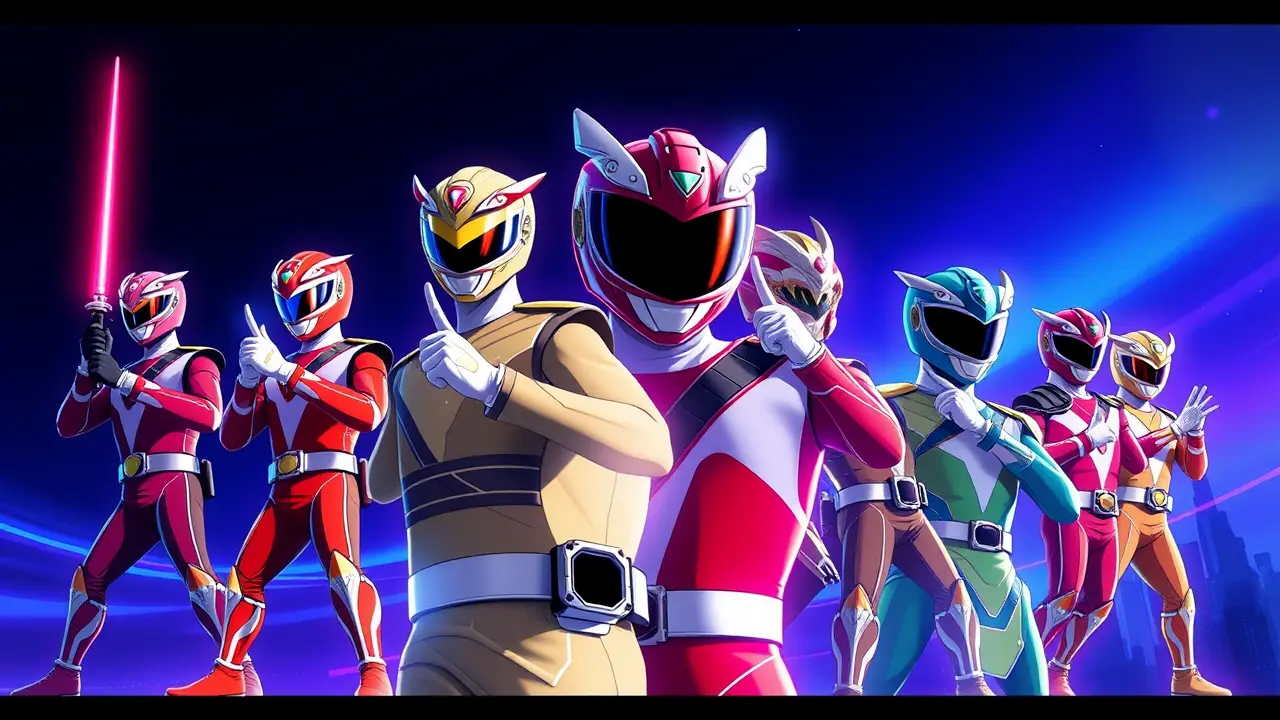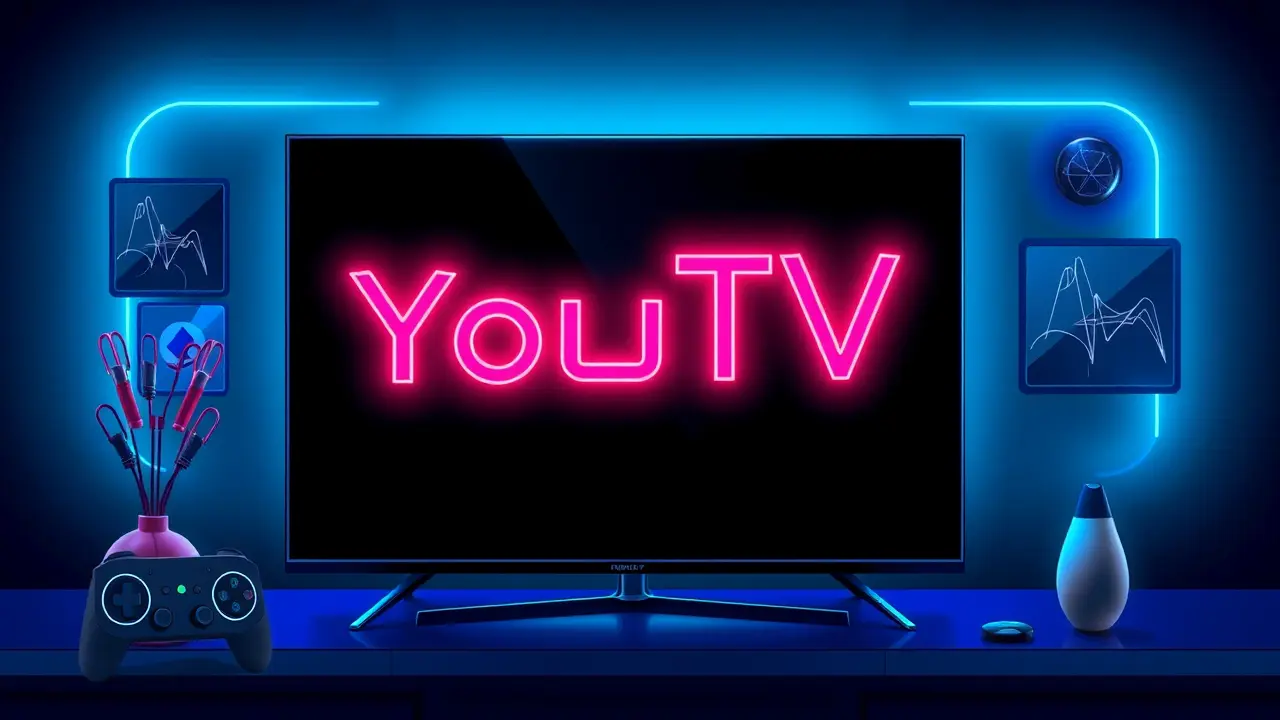
Entertainmenttv & streamingSeries Premieres
Long-running Japanese series Super Sentai ending after 50 years.
JE
Jessica Stone
3 days ago7 min read
Okay, can we just take a moment? The news that the legendary Japanese series Super Sentai is officially ending its run after a staggering 50 years is the kind of pop culture earthquake I usually only feel when a major Marvel star leaves a franchise. This isn't just some show getting canceled; this is the end of an era, the final curtain call for the original squad that literally taught an entire continent how to superhero.Think of it as the Avengers: Endgame for a genre that has been absolutely foundational. For five decades, this franchise has been the blueprint, the OG, the undeniable inspiration for a tidal wave of spandex-clad teams that have dominated screens across Asia.It's the granddaddy of them all, and its retirement hits different. Let's break it down, because the legacy is absolutely wild.Super Sentai, for the uninitiated, is that iconic Japanese show with the color-coded teams—you know, Red Ranger, Pink Ranger, you get the vibe—who pilot giant robots and fight rubber-suited monsters with a level of flair and choreography that is just *chef's kiss*. It premiered back in 1975, a time of bell-bottoms and disco, and it never stopped.It was the direct inspiration for what many of us in the West know as the Mighty Morphin Power Rangers, a 90s phenomenon that Saban Entertainment brilliantly adapted by splicing in American teen drama with the explosive action footage from Super Sentai. That single move didn't just give us a catchy theme song; it ignited a global power ranger craze, proving the formula was pure gold.But its influence stretches so much further than just one successful export. Across Asia, from South Korea to the Philippines, Thailand to Indonesia, you can trace the DNA of countless local superhero shows directly back to Sentai's core tenets: the team dynamic, the transformation sequences, the combination of practical suits and special effects, and the powerful message of unity overcoming evil.It created a shared visual language for an entire generation of creators and fans. It's the common thread in a sprawling tapestry of Asian pop culture, a foundational text that has been remixed, reimagined, and revered.The end of Super Sentai feels like the finale of a show that's been running longer than some of its viewers have been alive. It's the end of a weekly ritual, a constant in a rapidly changing media landscape.What does it mean for the future? While the original series may be concluding, its spirit is utterly immortal. Its concepts are so deeply embedded in the cultural consciousness that they will undoubtedly continue to inspire new stories, new heroes, and new generations of fans.It's not a goodbye; it's a 'morphin time' into a new form of legacy, living on through every team that ever stood together against a world-ending threat. This is more than a news bulletin; it's a moment of collective nostalgia for anyone who ever dreamed of wearing a colored helmet and saving the world with their friends.
#featured
#Super Sentai
#Power Rangers
#Japanese television
#series finale
#long-running franchise
#superhero shows
Stay Informed. Act Smarter.
Get weekly highlights, major headlines, and expert insights — then put your knowledge to work in our live prediction markets.
Related News
© 2025 Outpoll Service LTD. All rights reserved.
